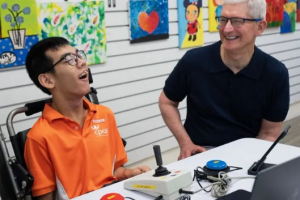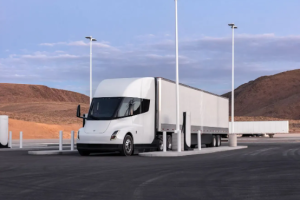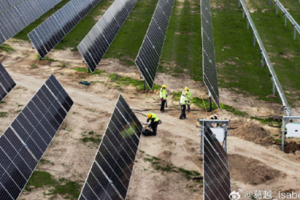November 20, 2023 – The Inflation Reduction Act (IRA) of 2022 and the Bipartisan Infrastructure Law have collectively infused billions of dollars into the U.S. electric vehicle industry, incentivizing localized battery production and charging infrastructure projects.
The IRA offers incentives such as a maximum $7,500 tax credit for each new energy-efficient vehicle. Recently, the United States has decided to allocate an additional $3.5 billion (approximately ¥25.27 billion RMB at the current exchange rate) as part of the Infrastructure Law, specifically designated to advance the domestic processing and manufacturing of advanced batteries and battery minerals nationwide.

The U.S. Department of Energy stated this week, “These funds will be used for the construction, renovation, and expansion of facilities for domestically producing battery-grade processing of crucial minerals, battery precursor materials, battery components, and battery and packaging manufacturing.”
Undoubtedly, the U.S. aims to establish a mineral refining and battery production system locally, reducing dependence on China and South America for key mineral processing, especially in lithium-ion production.
According to data from the International Energy Agency, Chinese manufacturers currently dominate 75% of the global lithium-ion battery market, processing and refining over 50% of global lithium, cobalt, graphite, and other critical materials. In terms of lithium capacity, Statista data shows that the United States lags far behind Australia, China, and the South American Lithium Triangle composed of Argentina, Chile, and Bolivia — countries often rich in lithium ore resources.
The U.S. government’s goal is to achieve zero emissions by 2050, with plans to make electric vehicles constitute half of all vehicle sales by 2030. It also aims to establish a domestic supply chain, requiring investments in the order of billions of dollars.
Jennifer Granholm, the U.S. Secretary of Energy, stated, “Placing the United States at the forefront and center to meet the growing demand for advanced batteries is our way of enhancing global competitiveness, sustaining and creating high-paying job opportunities, and strengthening the clean energy economy.”












